June 2, 2025 | 23:01 GMT +7
June 2, 2025 | 23:01 GMT +7
Hotline: 0913.378.918
June 2, 2025 | 23:01 GMT +7
Hotline: 0913.378.918
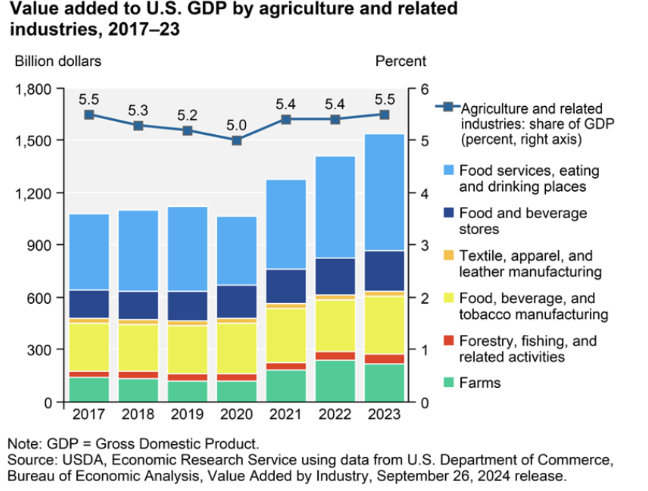
The US agricultural industry contributes 5.5% to domestic gross domestic product. Source:USDA.
Solana-based real-world asset (RWA) platform Agridex has facilitated its first onchain coffee trade, a move it said could open the door to more cost-effective agricultural commodity transactions.
The transaction was executed by Tiki Tonga Coffee, a United Kingdom-based coffee brand, which exported premium coffee from its home country to South Africa. The payment was made in South African rands and settled in British pounds using the Agridex blockchain.
Tiki Tonga claims the transaction only carried a 0.5% transaction fee, which is a fraction of the 5%–7% fee on typical cross-border transactions involving agricultural commodities. The settlement was also instant versus the typical five-to-12-day turnaround times using traditional systems.
“Not only have we saved significantly on transaction fees, but the cognitive burden of managing documentation and compliance has been lifted,” said Tiki Tonga founder Brad Barritt.
In addition to coffee, the Agridex platform provides instant settlements on various agricultural commodities, including livestock, wine and olive oil. The company said it has $4.5 billion in pending transactions from agricultural partners.
As Cointelegraph recently reported, the Solana-based marketplace raised $9 million in funding, with major backers from Citadel, Goldman Sachs and Palantir.
Asset tokenization is considered one of the leading use cases of blockchain technology, and the agricultural industry could benefit the most.
The process of converting RWAs into digital tokens can potentially make assets more accessible to a wider audience while also reducing barriers to investments and helping companies transact in a more cost-effective way.
RWA tokenization “bridges agriculture and blockchain by tokenizing assets like crops, land and carbon credits,” Jon Trask, CEO of agriculture technology company Dimitra, told Cointelegraph.
Bringing agriculture onchain also addresses “key challenges such as inefficiencies, lack of technical assistance, environmental degradation and supply chain opacity,” said Trask.
Blockchain platforms can also be used by farmers to sell their products directly to buyers without expensive intermediaries, said Agridex co-founder and CEO Henry Duckworth.
According to the Bureau of Economic Analysis, agriculture contributes roughly 5.5% to US gross domestic product. Meanwhile, the total value of US farmland has eclipsed $3 trillion.
cointelegraph
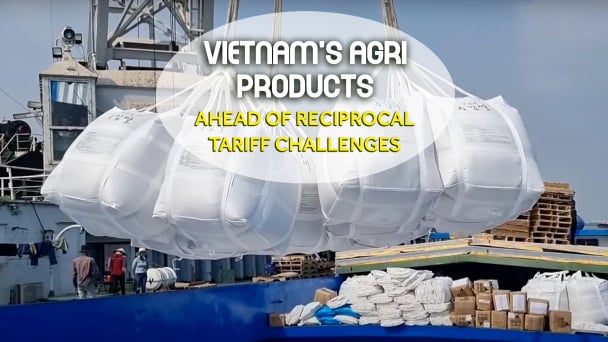
(VAN) Businesses in Vietnam are attempting to export rice to the United States ahead of the implementation of reciprocal tariffs, while remaining their optimism regarding this critical market.
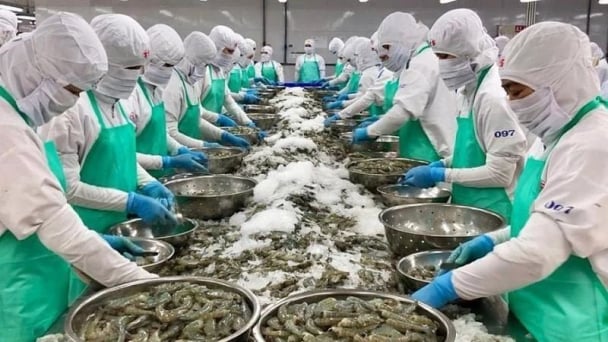
(VAN) From containers of cashew nuts, shrimp to in-depth technical dialogues, agricultural cooperation between Vietnam and the United States is entering a period of sustainable and two-way development.
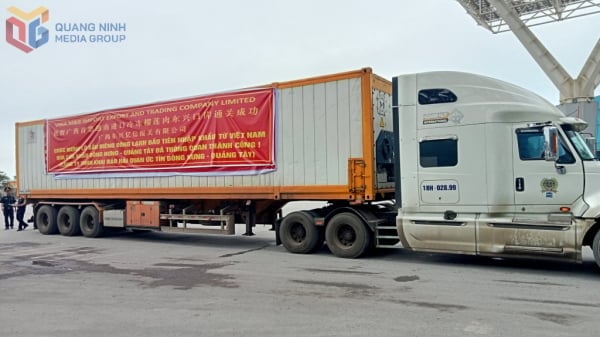
(VAN) After the talks on May 28, Vietnam successfully exported its first batch of frozen durians to China, marking a new milestone in agricultural trade cooperation between the two countries.
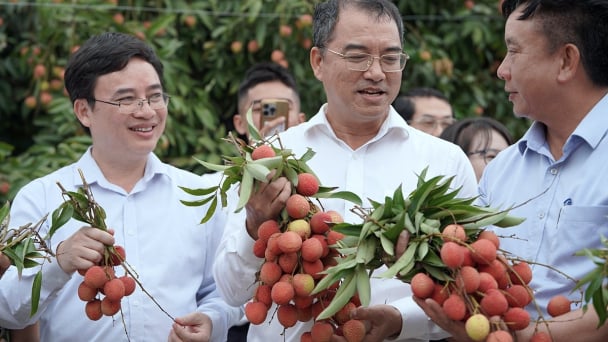
(VAN) Several major companies, such as Red Dragon and Ameii Vietnam, have signed purchasing agreements for the 2025 season, targeting markets including Japan, the United States, and the EU.
/2025/05/30/5010-5-173638_943.jpg)
(VAN) On May 29, at the GO! My Tho Trading Center, the Tien Giang Department of Industry and Trade, in collaboration with Central Retail Corporation, held the opening ceremony of the 3rd Fruit Festival 2025.
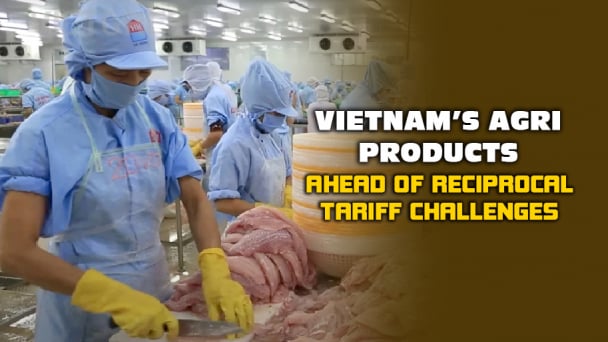
(VAN) Reciprocal tariffs are exerting pressure on U.S. exports, prompting Vietnamese firms to shift their focus to Muslim markets, Thailand, and Brazil.
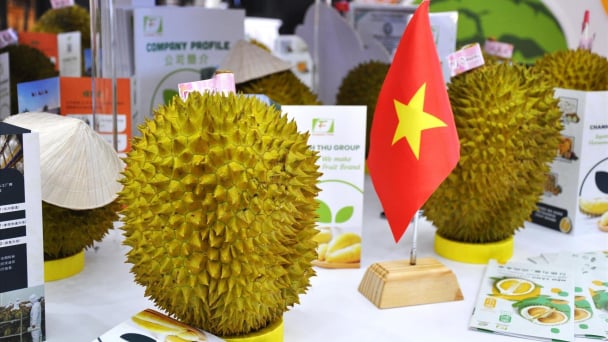
(VAN) A free booth for two years at Xinfadi, Beijing's largest wholesale market, will be allocated to Vietnam's agricultural products.